9 Best Foods for Brain and Memories?
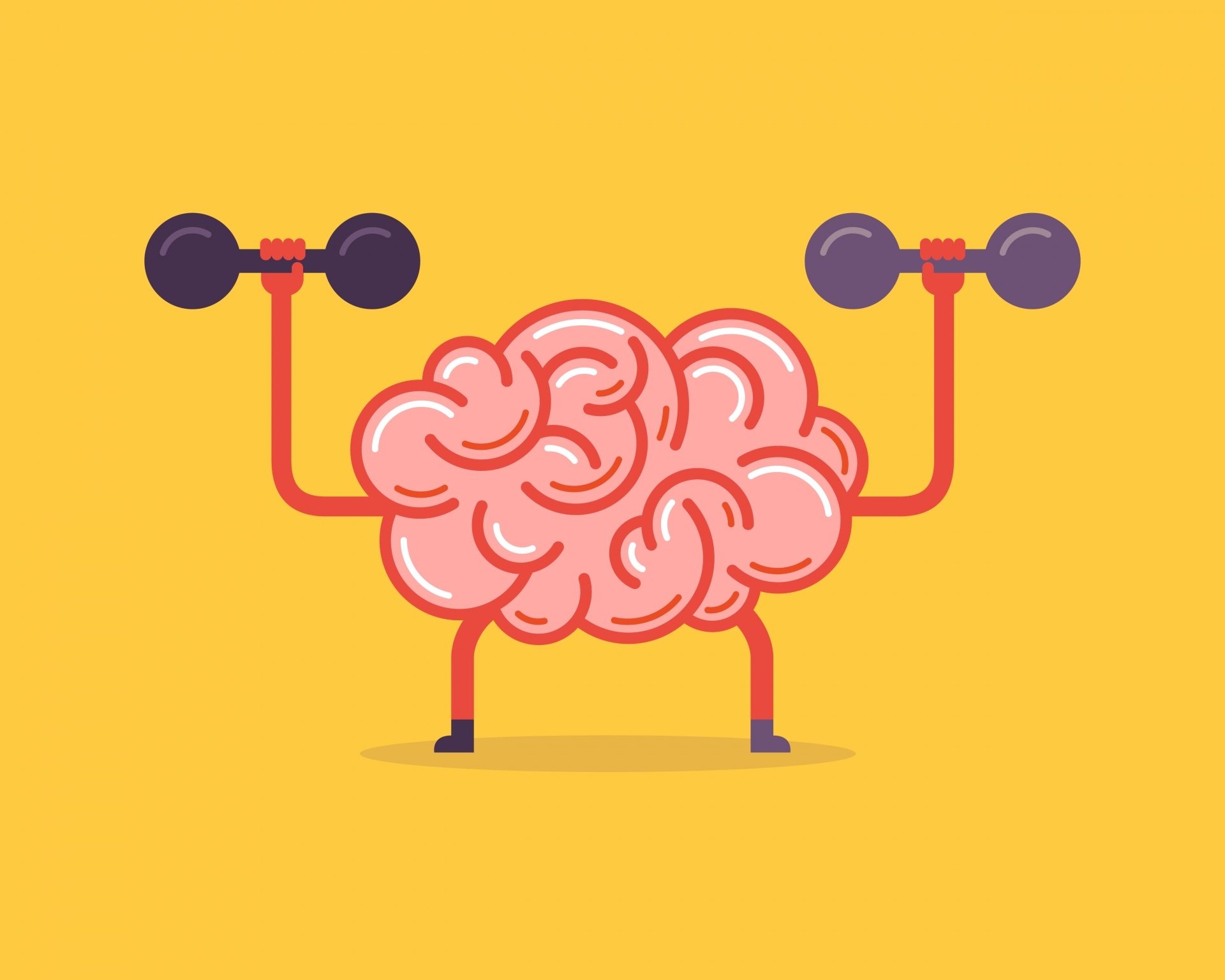 |
| Best Foods for Brain and Memories - Photo: niledu.com |
As the control center of your body, the brain is in charge of keeping your heart beating and lungs breathing and allowing you to move, feel, and think. That’s why it’s a good idea to keep your brain in peak working condition.
The foods you eat can have a big impact on the structure and health of our brains. Eating a healthy, balanced diet that includes these everyday brain-boosting foods may help to keep your memory, concentration, and focus as sharp as can be.
1. Fatty Fish - Best Foods for Brain
When people talk about brain foods, fatty fish is often at the top of the list. This type of fish includes salmon, trout, and sardines, which are all rich sources of omega-3 fatty acids.
Your brain uses omega-3s to build brain and nerve cells, and these fats are essential for learning and memory. About 60% of your brain is made of fat, and half of that fat is the omega-3 kind. For one thing, they may slow age-related mental decline and help ward off Alzheimer’s disease. On the flip side, not getting enough omega-3s is linked to learning impairments, as well as depression.
One study found that people who ate baked or broiled fish regularly had a more gray matter in their brains. Gray matter contains most of the nerve cells that control decision-making, memory, and emotion.
2. Almond Butter - Best Foods for Brain
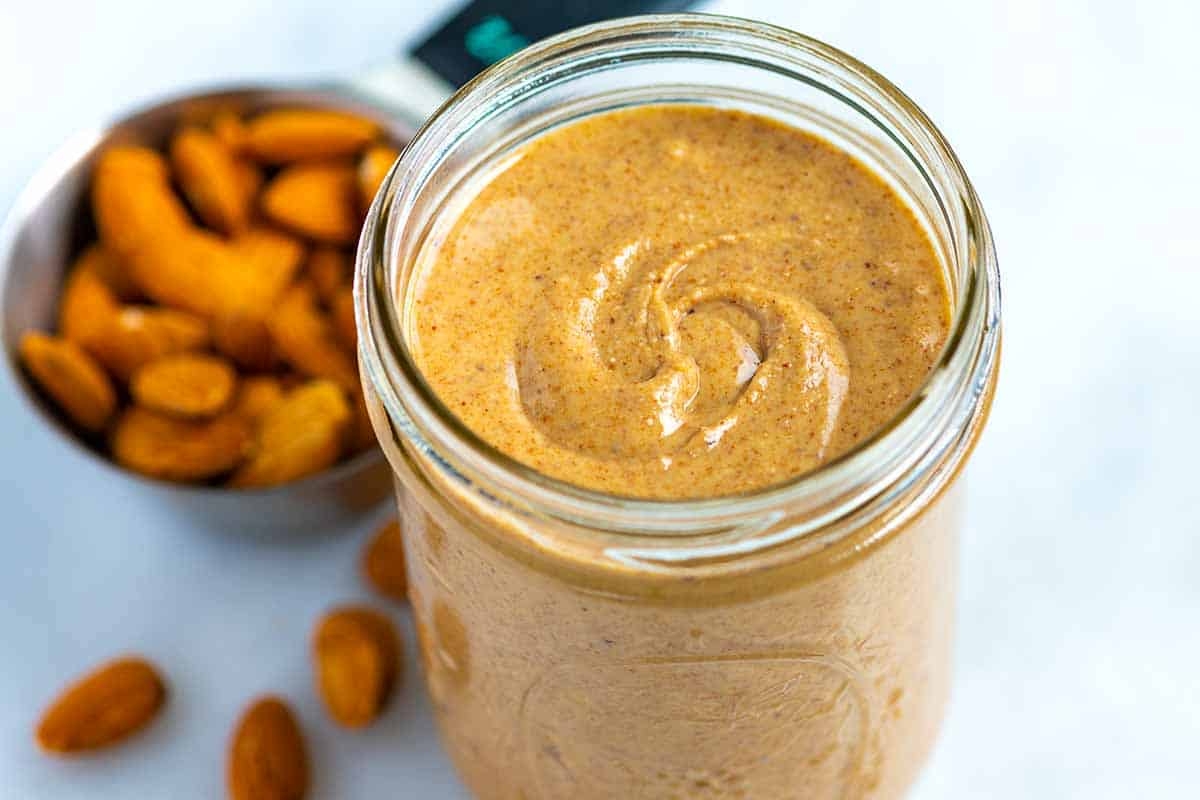 |
| Photo: inspiredtaste.net |
Nuts and nut butters are the best source of vitamin E, a crucial antioxidant for protection against cell degradation, which is associated with Alzheimer's disease. Plus, since nuts are high in monounsaturated fats and fiber, they're super-filling. Almonds are also high in calcium, magnesium, and potassium, and they help stabilize blood pressure, which is important for boosting brain health.
3. Dark chocolate - Best Foods for Brain
Dark chocolate contains cocoa, also known as cacao. Cacao contains flavonoids, a type of antioxidant. Antioxidants are especially important for brain health, as the brain is highly susceptible to oxidative stress, which contributes to age-related cognitive decline and brain diseases.
Cacao flavonoids seem to be good for the brain. According to a 2013 review, they may encourage neuron and blood vessel growth in parts of the brain involved in memory and learning. They may also stimulate blood flow in the brain. The researchers concluded that eating dark chocolate may improve brain plasticity, which is crucial for learning and may also provide other brain-related benefits.
3. Berries - Best Foods for Brain
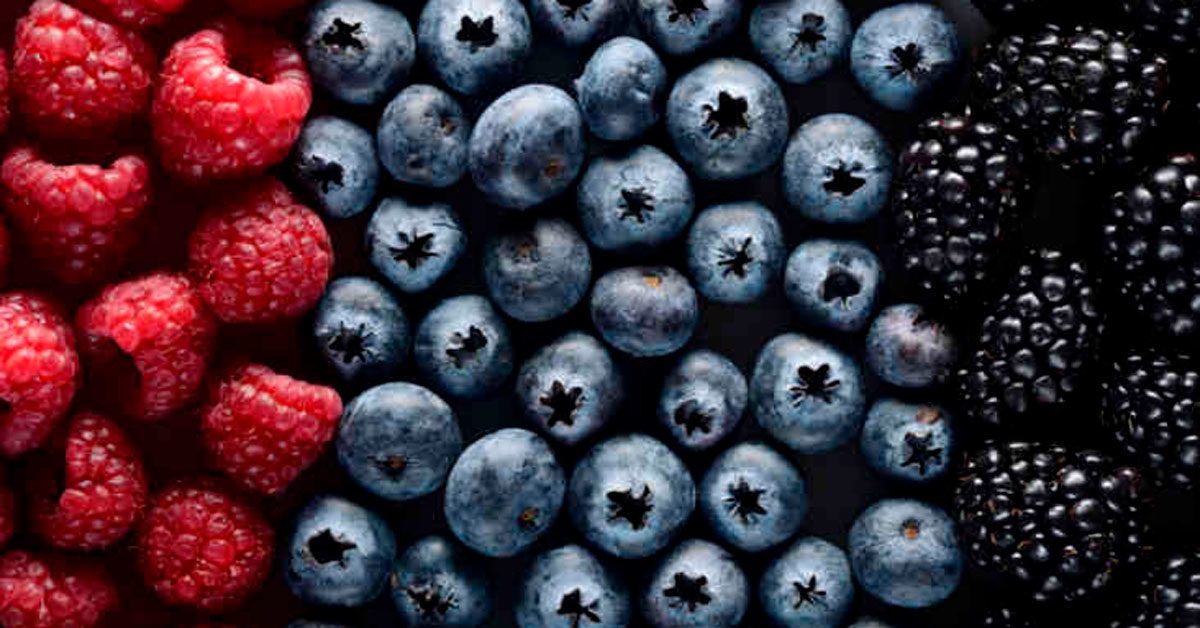 |
| Photo: healthline.com |
Like dark chocolate, many berries contain flavonoid antioxidants. Antioxidants help by reducing inflammation and oxidative stress. The antioxidants in berries include anthocyanin, caffeic acid, catechin, and quercetin.
The antioxidant compounds in berries have many positive effects on the brain, including:
- improving communication between brain cells
- reducing inflammation throughout the body
- increasing plasticity, which helps brain cells form new connections, boosting learning and memory
- reducing or delaying age-related neurodegenerative diseases and cognitive decline
Antioxidant-rich berries that can boost brain health include strawberries, blackberries, blueberries, blackcurrants, mulberries, etc.
4. Tea and coffee - Best Foods for Brain
The caffeine in your morning cup of coffee or tea might offer more than just a short-term concentration boost. In a 2014 study published in The Journal of Nutrition, participants with higher caffeine consumption scored better on tests of mental function. Caffeine might also help solidify new memories, according to other research. Investigators at Johns Hopkins University asked participants to study a series of images and then take either a placebo or a 200-milligram caffeine tablet. More members of the caffeine group were able to correctly identify the images on the following day.
5. Turmeric - Best Foods for Brain
 |
| Photo: healthline.com |
Research has shown that inflammation is the “universal brain destructor” and this beloved Indian spice is packed with antioxidants, particularly curcumin, one of the most potent and naturally occurring anti-inflammatory agents ever identified.
Other benefits of turmeric include:
- May benefit memory: Curcumin may help improve memory in people with Alzheimer’s. It may also help clear the amyloid plaques that are a hallmark of this disease.
- Eases depression: It boosts serotonin and dopamine, which both improve mood. One study found curcumin improved depression symptoms just as much as an antidepressant over six weeks.
- Helps new brain cells grow: Curcumin boosts brain-derived neurotrophic factor, a type of growth hormone that helps brain cells grow. It may help delay age-related mental decline, but more research is needed.
6. Green, leafy vegetables - Best Foods for Brain
Leafy greens such as kale, spinach, collards, and broccoli are rich in brain-healthy nutrients like vitamin K, lutein, folate, and beta carotene. Research suggests these plant-based foods may help slow cognitive decline.
Cauliflower provides us with additional vitamin K, which is necessary for blood clotting and bone-mineral density. Plus, since cruciferous veggies contain a compound called glucosinolates, they can help protect your blood vessels. They eliminate harmful carcinogens from affecting DNA that could ultimately lead to cognitive decline.
7. Nuts & Seeds - Best Foods for Brain
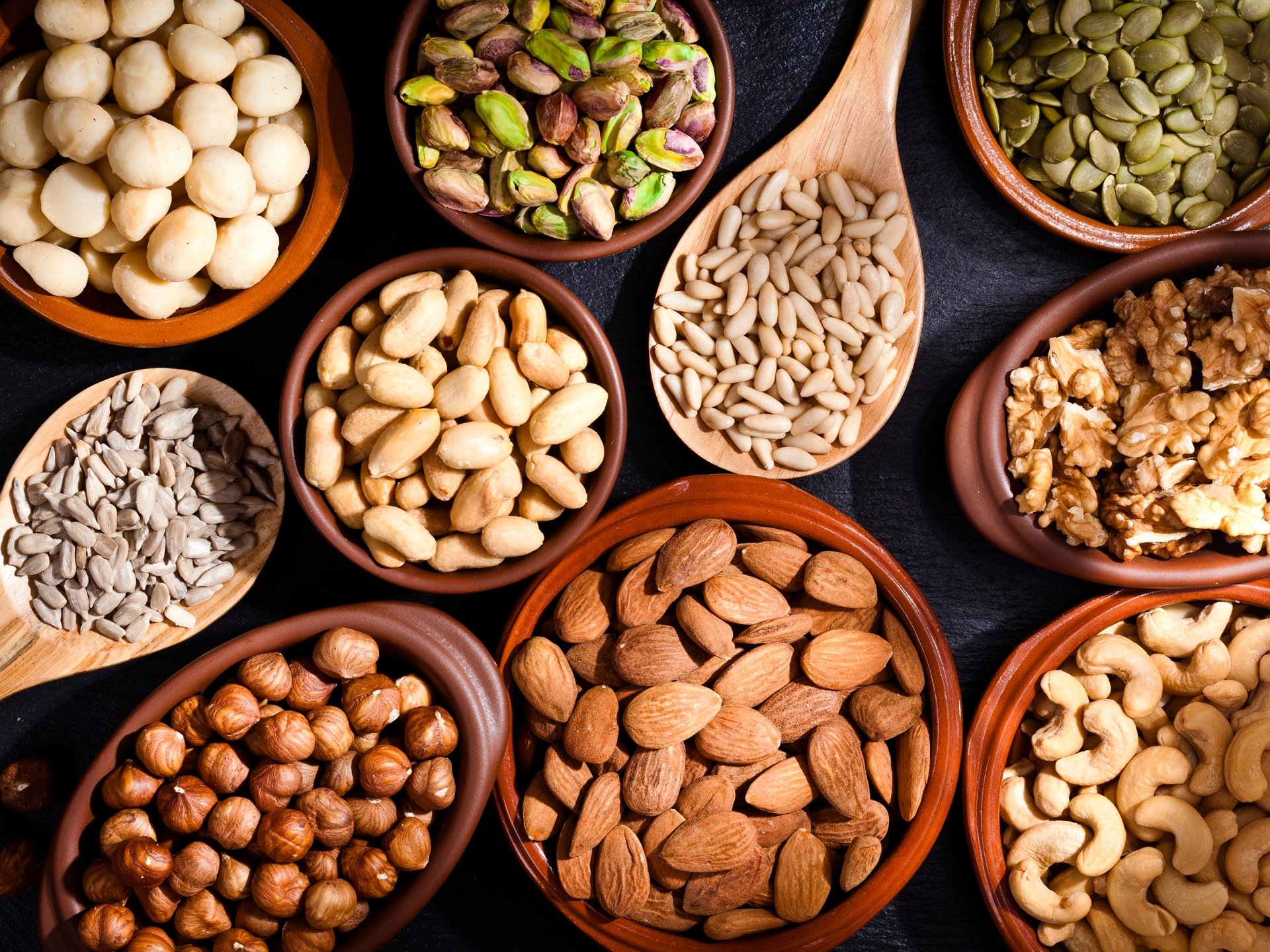 |
| Photo: ruhyoga.com |
Eating more nuts and seeds may be good for the brain, as these foods contain omega-3 fatty acids and antioxidants. Studies have found that a higher overall nut intake was linked to better brain function in older age, as nuts and seeds are also rich sources of the antioxidant vitamin E, which protects cells from oxidative stress caused by free radicals. Research has found that vitamin E may also contribute to improved cognition and reduced risk of Alzheimer’s disease.
Nuts are a great source of vitamin E along with leafy green vegetables, asparagus, olives, seeds, eggs, brown rice, and whole grains.
8. Eggs - Best Foods for Brain
Eggs are a good source of several nutrients tied to brain health, including vitamins B6 and B12, folate, and choline. Choline is an important micronutrient that your body uses to create acetylcholine, a neurotransmitter that helps regulate mood and memory.
Eating eggs is an easy way to get choline, given that egg yolks are among the most concentrated sources of this nutrient.
Adequate intake of choline is 425 mg per day for most women and 550 mg per day for men, with just a single egg yolk containing 112 mg.
9. Sage - Best Foods for Brain
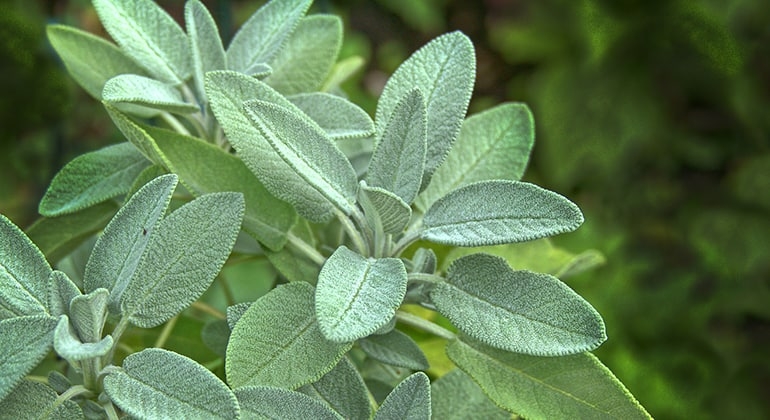 |
| Photo: cameengo.com |
Dating back to 1597, ancient herbalists cited that sage was good for the brain and has the ability to quicken nerves and memory.
Sage may possess memory-enhancing properties, and a research review published in Evidence-Based Complementary and Alternative Medicine identified sage as one of the herbs that may be beneficial to Alzheimer’s patients.
| In addition to a healthy diet, exercise also helps to keep our brains sharp. Research suggests that regular exercise improves cognitive function, slows down the mental aging process, and helps us process information more effectively. Experts recommend at least 150 minutes of exercise per week to support the brain and body. Along with diet and exercise, here are a few additional tips to optimize your brain function: Not eating too much or too little Getting enough sleep Keeping hydrated Reducing stress through yoga, mindfulness, or meditation Reducing alcohol intake Taking brain power supplements |
If you see this article "Best Foods for Brain" useful, please follow us for more interesting topics in the future!
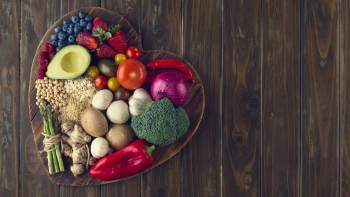 What are Best Food Sources for A Healthier Heart? What are Best Food Sources for A Healthier Heart? Looking to keep your heart in top shape? You need to feed it well, by choosing nutritious foods that help keep your arteries clear and ... |
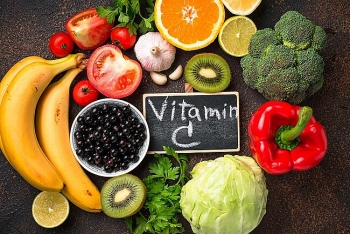 Best food sources for vitamin C Best food sources for vitamin C Vitamin C is an inevitable nutrition in our body. However, the body does not store excess vitamin C, so we should take in a sufficient ... |


























